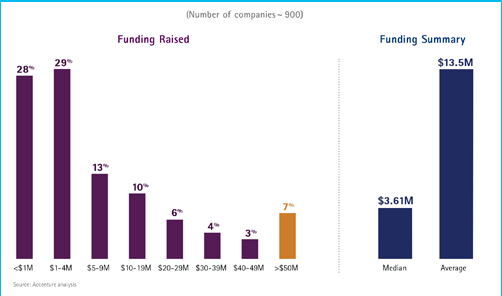Interactive Group Therapy in the Information Age
Imagine attending private lectures and taking all your college exams in your professors’ offices individually, one-on-one. Your instructors lecture you, then pepper you with questions, grading your answers and recording your scores. This is not unlike traditional physician visits. Contrast this to attending classroom lectures and taking online multiple choice exams where a computer algorithm tallies your answers and calculates your grade. Classroom instruction with standardized testing is much more efficient that private tutoring. Hundreds of people can learn and take their online exams simultaneously. What if medical productivity could be similarly improved?









